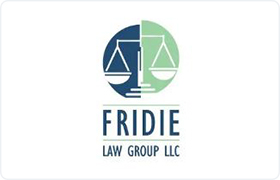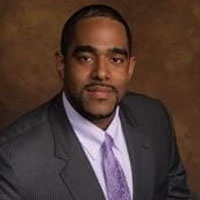Westville Trusts Lawyer, New Jersey
Sponsored Law Firm
-
 x
x

Click For More Info:
-
Fridie Law Group L.L.C.
101 Route 130 Suite 306, Madison Building Cinnaminson, NJ 08077» view mapEstate Law We Fight For Your Rights
Reach out to us today for legal help on your case. We're available for free consultations and return all calls and emails within 24 hours.
800-859-9690
Arthur J. MacDonald
Estate Planning, Family Law, Real Estate, Trusts
Status: In Good Standing Licensed: 54 Years
Jeffrey Alan Kerstetter
Adoption, Trusts, Personal Injury, Employment Discrimination
Status: In Good Standing
Kenneth Harris
Estate, Business Organization, Corporate, Trusts, Pension & Benefits
Status: In Good Standing
 James Fridie Cinnaminson, NJ
James Fridie Cinnaminson, NJ Practice AreasExpertise
Practice AreasExpertise
